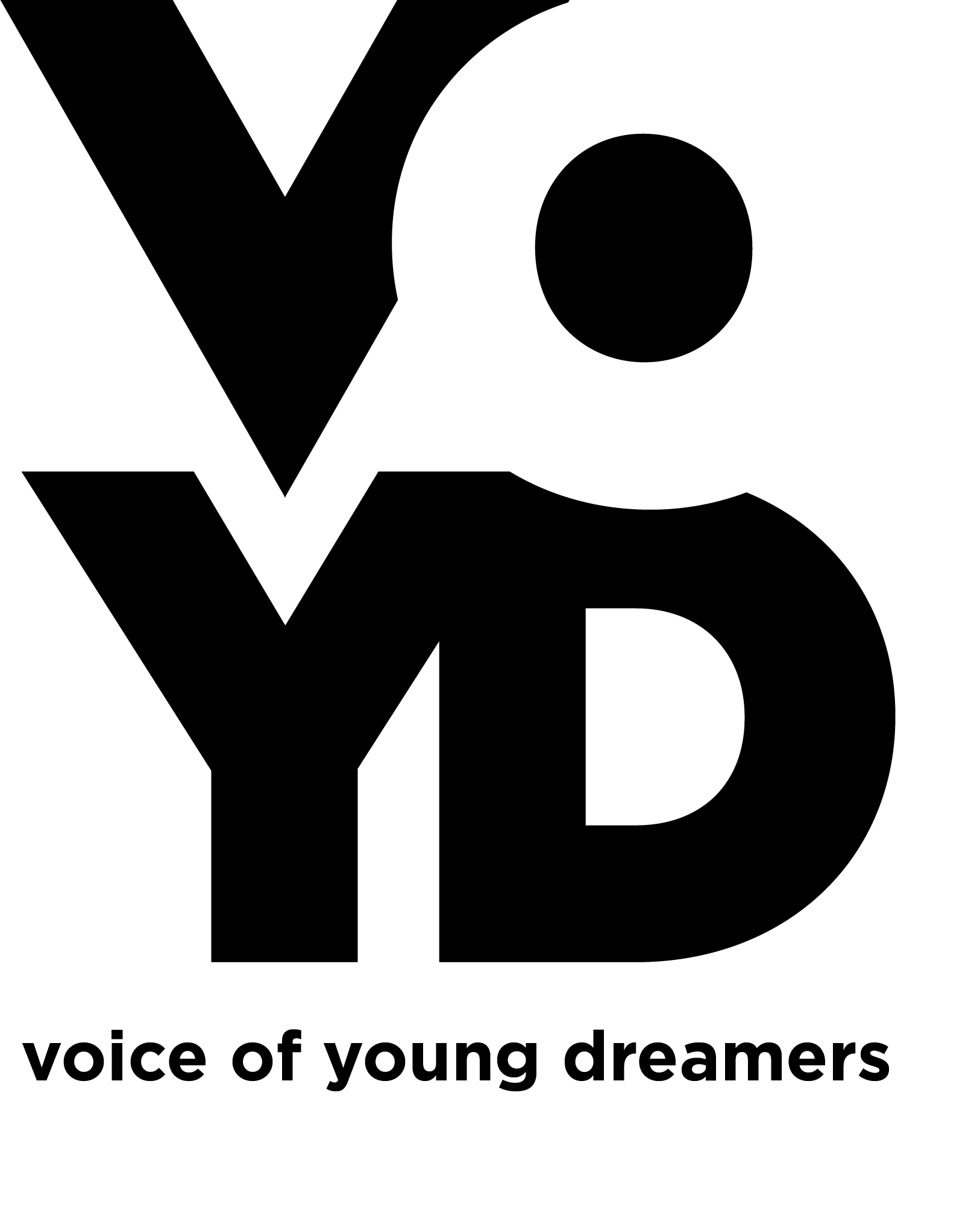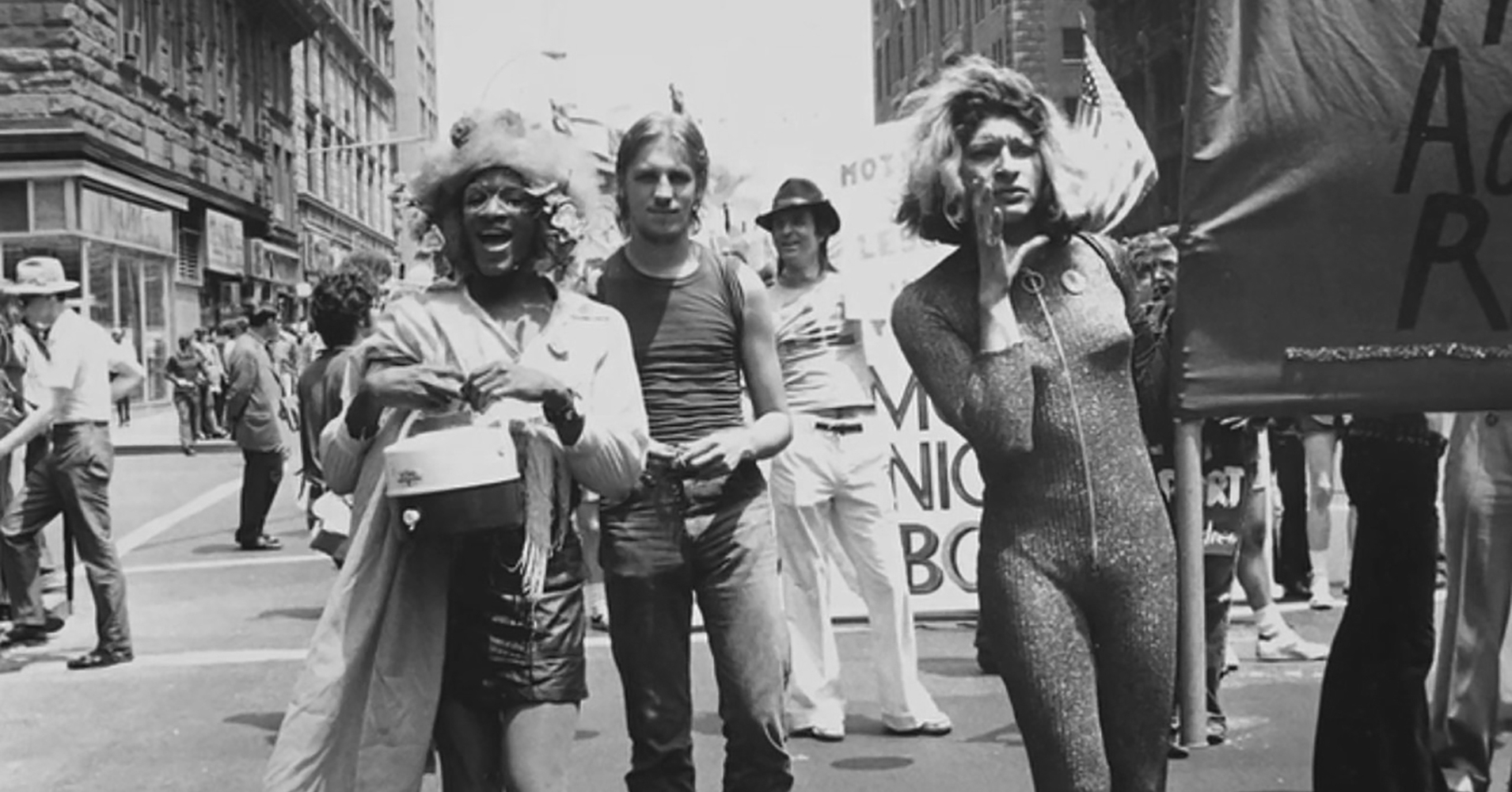Heteronormativity Must End

2016: In a speech that no Black viewer at home or in the star-studded theater saw coming, famed Grey’s Anatomy actor, Jesse Williams, delivered a scathing critique of white supremacy, targeting cultural appropriation of Blackness and victims of state violence. The passionate diction went viral, spurring intense dialogue and elation from the internet, particularly in the Black Twitter webiverse. While a majority of the Black community cheered on Williams’s impassioned speech, one sector of the community didn’t necessarily get a proclamation of solidarity from the Grey’s Anatomy actor. Black queer people, particularly Black transgender folks, were ostensibly left in the dark in Williams’s beautifully crafted acceptance speech. The actor spoke of brutality specifically experienced by Black cishet men and women, but failed to mention the names of slain Black queer and transgender people, such as Maya Hall, Penny Proud, Chyna Gibson, Deeniquia Dodds, adding to the erasure of Black queer visibility in what was considered the deadliest year for Black queer people in American history. Throughout the night, the network celebrated the gender-fluid aesthetics of the late icon, Prince, and the audience chuckled at Anthony Anderson’s ass-less pants, while disregarding the plight of the Black queer community who made such flamboyant fashions possible. The awards show was but a reminder of BET’s linear, often narrow, and outmoded expressions of Blackness, upholding cisheteronormativity and dangerous ideals of respectability.
Despite the networks rigorous attempts to revamp their stodgy image for Black millennials, numerous programs on BET still unapologetically celebrate Black cisheteronormativity without any radical inclusion of Black queer folks. BET’s newest show, Man Cave, plays on archaic models of Black hyper masculinity, in which all the characters are decidedly straight, cisgender, and dull—a show executively produced by cishet-misogynist Steve Harvey. While Black queer films and documentaries created by avant-garde Black filmmakers manage to garner attention for depicting Black queer life, such as the Tongues Untied (1989, Paris is Burning (1990), Watermelon Woman (1996), Pariah (2011), Stud Life (2012), Blackbird (2014), and Tangerine (2015), and KiKi (2016), not one of these films has recently played on the network.
When Black queer people are portrayed on BET, it’s almost as if it’s a punchline, not as an integral aspect of the Black experience. Holiday Heart, starring Ving Rhames, details the story of a drug-addicted mother and her daughter who are taken in by a kind-hearted drag queen. The movie relies on over-the-top stereotypes of the protagonist, Holiday Heart (played by Rhames), as a well as that of his devoutly Christian mother, without the deep reflection of the aforementioned films that chronicle Black queer identity. The film, which played numerous times on the channel throughout the years, is one of the few moments where Black queer people appear. While the BET awards nominated Moonlight for Best Film in 2017, the film failed to win at the show, and was another rare instance where queer people existed on the network.
The reason for BET’s long-time infatuation with erasing the cultural presence of Black queer people lies in its underlying desire for mainstream acceptance since its inception. While targeting Black audiences is supposedly the key to the network’s brand, BET continually opts for a culturally conservative outlook, hinging on promoting acceptance within the wider television landscape. In their quest for silver-screen dominance, the visual integration of Black queer people damages their corporate brand in selling a static representation of Blackness. In the simplest of terms, cishet Black people are a part of the global, corporate package the network sells to the world, queer Black people not included.
With the richness of Black queer life, the network continues to fail in attracting a Black millennial audience who continue to identify with identities that are not cishet. Black folks and other people of color reportedly compose the majority of the queer community in the United States, and half of adolescents in society view themselves` as straight. It is imperative that they see themselves reflected as an integral part of Black life, viable news, and artistic entertainment. As much as Black queer people have contributed to Black communities by way of aesthetics, art, and radical political activism, it is mandatory that we are included in the collective vision of Black cultural liberation, not simply as occasional passerby in the culture.
Williams’s speech on a major Black platform possibly could have reached peak levels of impact had he taken to mention the importance of Black queer lives on national television. BET’s vision of Blackness could possibly be that much more robust, compelling, and futuristic, if a myriad of Black sexual and gender identities were regularly present on its network. Without Black queer people, there is no Black culture—and our recognition by BET is long-past its expiration date.









